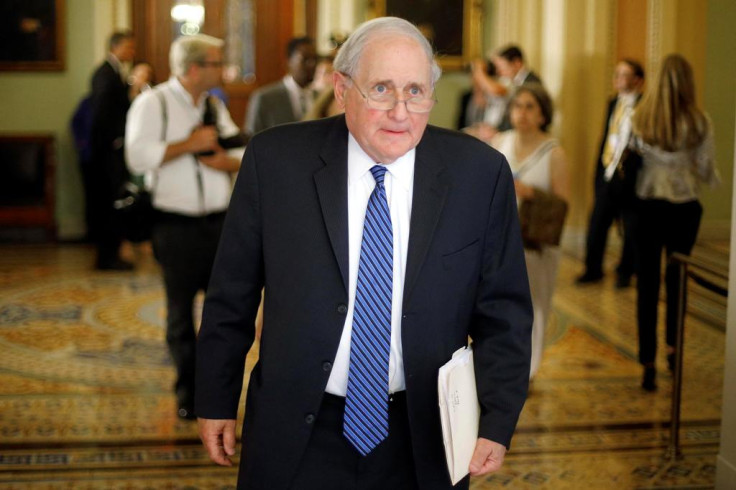Barclays and Deutsche Bank Argue with US Senate Panel on Tax Avoidance

Executives from Barclays, Deutsche Bank and hedge fund Renaissance Technologies on 23 July traded barbs with a powerful US Senate committee that has accused the lenders of selling option products to hedge funds to help them avoid taxes.
Renaissance, a $24.7bn (£14.5bn, €18.3bn) hedge fund that allegedly saved an estimated $6.8bn in US taxes, defended the so-called basket options it used, saying at the hearing of the US Senate Permanent Subcommittee on Investigations that they served legitimate business purposes.
Presiding over the near five-hour inquiry, Senator Carl Levin, the Michigan Democrat who heads the panel looking into tax avoidance strategies, dwelled on who controlled the option accounts: the banks or the hedge funds.
Levin in one instance accused a senior Barclays executive, Gerard LaRocca, of "waffling" when answering a question, Reuters reported.
"Renaissance ... purchased (basket) options ... for substantial non-tax business reasons," Renaissance Capital Chief Financial Officer Mark Silber said. "We would have purchased these options regardless of their tax treatment."
"In this circumstance, I think you're correct," Silber said when asked by Levin to confirm that a unit Renaissance controlled, and which had no employees, could never have disagreed with any Renaissance investment decisions.
The hearing follows the publication of a report, earlier in the week by Senator Levin, that has accused the two banks of helping Renaissance and 12 other hedge funds avoid billions of dollars in US taxes.
The Senate panel has said that the two lenders enabled at least 13 hedge funds to conduct $100bn in securities trades. The profits were taxed as long-term capital gains, even as the positions were often held for only seconds.
© Copyright IBTimes 2025. All rights reserved.





















